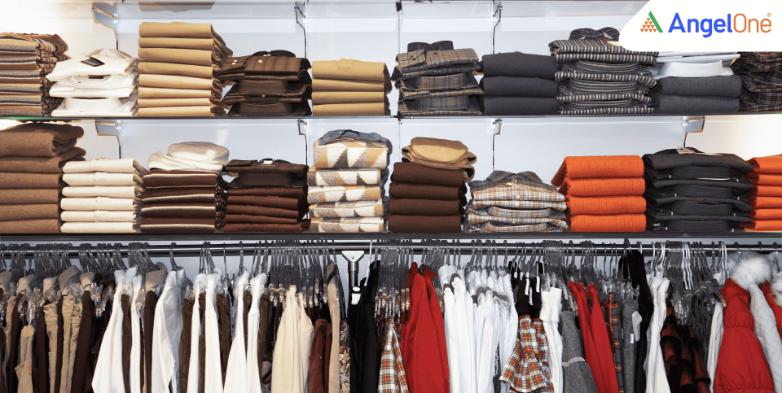
Leading fashion retailers like Zudio, Lifestyle, and H&M are facing a significant inventory crunch after a ban on road imports of garments from Bangladesh, as per news reports. The sudden shift to seaport-only entries has created a 2-3 week delay in supply, impacting the flow of affordable fashion wear during peak sales season.
Since May 17, 2025, India’s restriction on the road-based import of readymade garments from Bangladesh has caused inventory backlogs for several fashion chains. The Directorate General of Foreign Trade (DGFT) now permits garment imports only via Kolkata and Nhava Sheva seaports. Retailers are experiencing shortages in key product categories under ₹1,000, particularly in the fast-moving affordable fashion segment.
Bangladesh, the world’s second-largest clothing exporter after China, plays a central role in India’s low-cost apparel market. Indian imports from Bangladesh touched $254.44 million between January and June 2025, indicating a 3.5% year-on-year rise. However, supply volumes have now shrunk by 25% due to policy changes affecting logistics routes.
Major brands, including Reliance and Aditya Birla, have started to shift parts of their sourcing to Indian manufacturers. However, not all product segments can be produced locally at similar price points. Lifestyle International’s CEO confirmed a strategic shift to domestic supply but acknowledged ongoing delays for categories that are still reliant on imports from Bangladesh.
While larger brands secured contracts in advance, smaller traders and grey market players are bearing the brunt of the disruption, as per news reports. These smaller entities depend on quick and cost-effective land routes that are no longer accessible. Additionally, the increase in shipping distance is estimated to bump up overall apparel costs by 3-5% due to higher freight charges.
The import ban on road freight from Bangladesh has disrupted the inventory pipeline of Indian fashion retailers, especially in the budget category. With a standard 2-3 week delay and 25% drop in imports, brands are making operational shifts to domestic alternatives, though at a potential cost increase. Retailers must swiftly adapt sourcing strategies to minimise long-term disruptions.
Disclaimer: This blog has been written exclusively for educational purposes. The securities or companies mentioned are only examples and not recommendations. This does not constitute a personal recommendation or investment advice. It does not aim to influence any individual or entity to make investment decisions. Recipients should conduct their own research and assessments to form an independent opinion about investment decisions.
Investments in securities are subject to market risks. Read all related documents carefully before investing.
Published on: Sep 4, 2025, 12:13 PM IST

Team Angel One
We're Live on WhatsApp! Join our channel for market insights & updates
